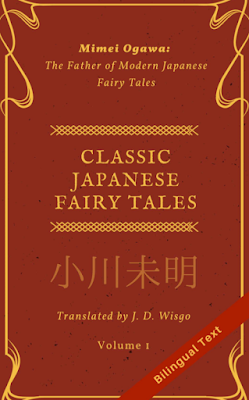"They Called Us Enemy" by George Takei (published 2019)
Takei's journey is an astounding glimpse into a world fraught with racial politics; the problems with defining people, especially immigrants, by their ethnicity, and the extreme, wieldy, power an unlawful government has to wreak havoc on a person's identity, physical and mental, by means of vocabulary (images of the wartime propaganda are shown), ideological impositions on/of "law" (the justification of the imprisonment of people based on race being War itself), and forced subservience (the supposed choice between complete allegiance to a country who has taken away your livelihood or else giving a complete disavowal of a place which holds your heritage).
The story is graciously, wonderfully, and truthfully told, scene by scene, and mostly chronologically. Takei shares his childhood confusion; having fun in the camps with his little sister and his parents, getting to watch films, eating candy and reading books on the trains that brought his family camp to camp, and playing. On the other hand, Takei explains noticing the worry and trauma his parents were dealing with never knowing what each new day would bring and having little to no control in how their children lived, let alone themselves.
There is plenty in this graphic novel to dig deep into, most of it an illumination of how the people at the internment camps came together and became a community under harsh, humiliating circumstances, and a clear portrayal of what also brought them apart. But the real psychological pain is elucidated towards the end, when Takei explains how his family couldn't really rejoice when the war was finally over. Firstly, they didn't know whether or not to believe the news that came into camp. Secondly, the camp became their home and they had no where else to go. Outside became dangerous, exposing their family to racism and poverty. How chilling that so many families asked to remain in internment after the war rather than escape the barbed wire and barracks into a world which was supposedly free. Ultimately, Takei and his family were able to leave, but not without monetary hardship.
They Called Us Enemy is must-read for anyone interested in history, justice, and retribution. My review only touches the surface of this profound memoir; take the time to read it for a clearer, more nuanced, and balanced examination of the complexity of war and politics, and those who have been subject to them.




Comments
Post a Comment